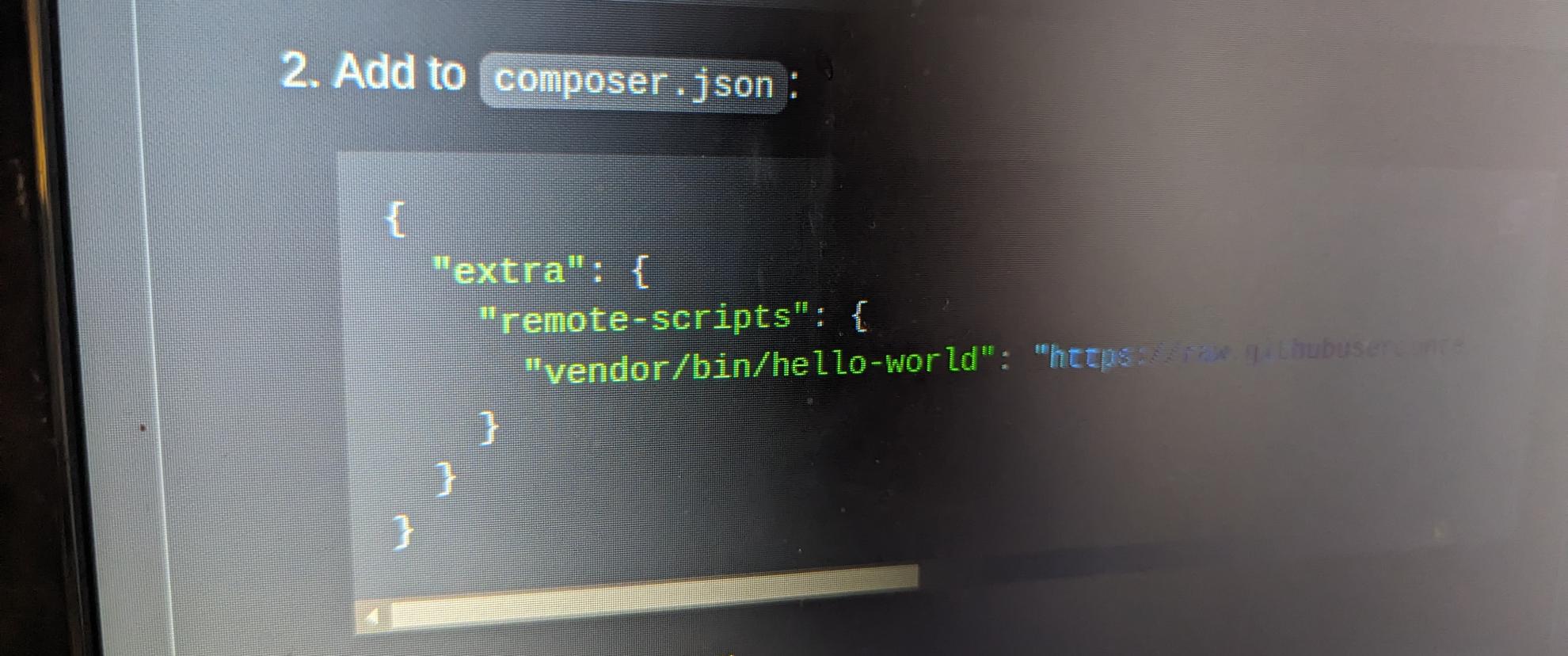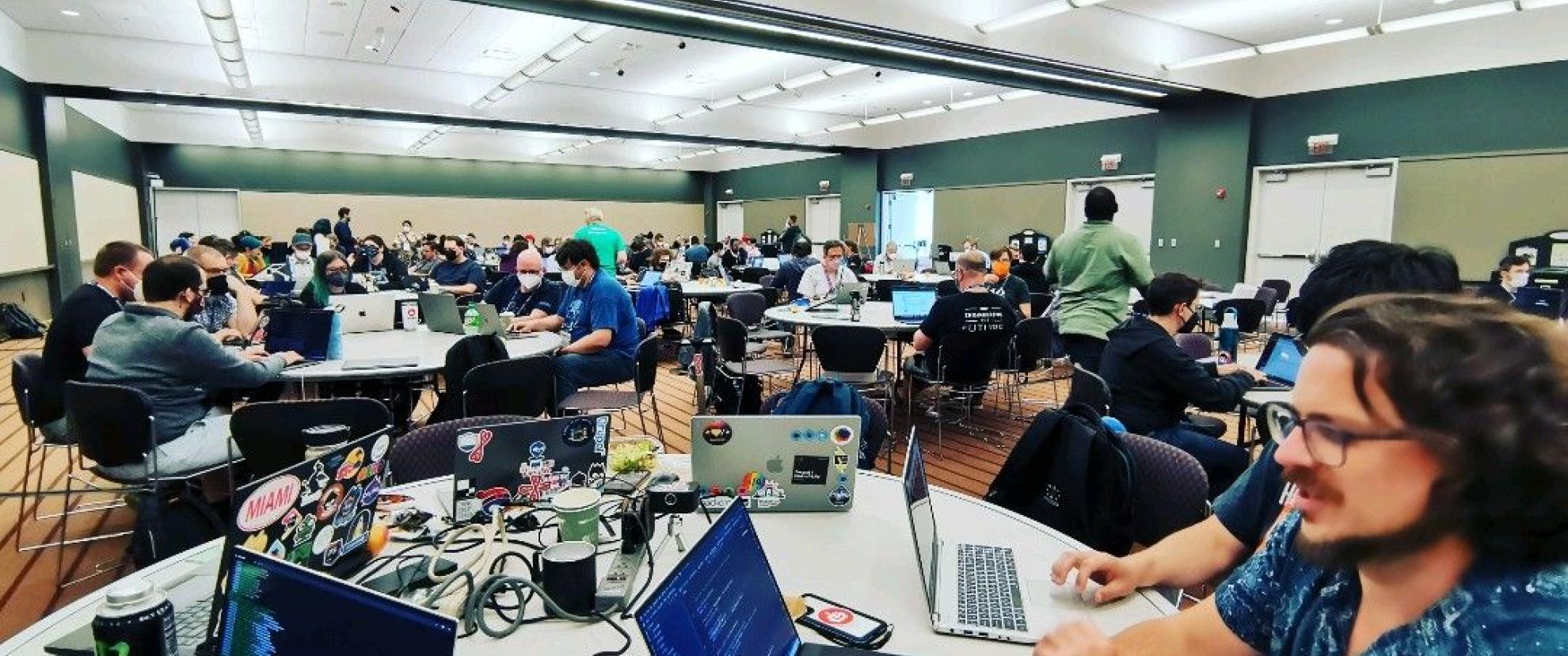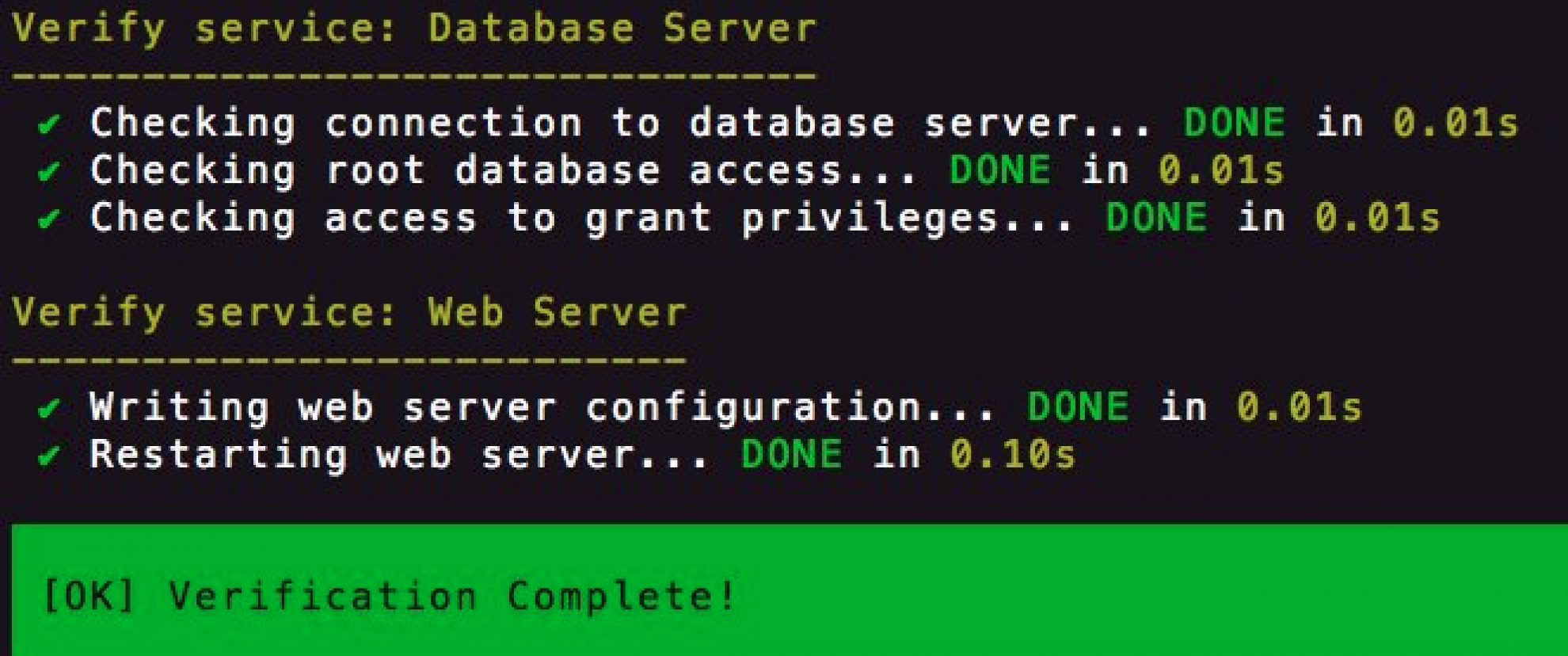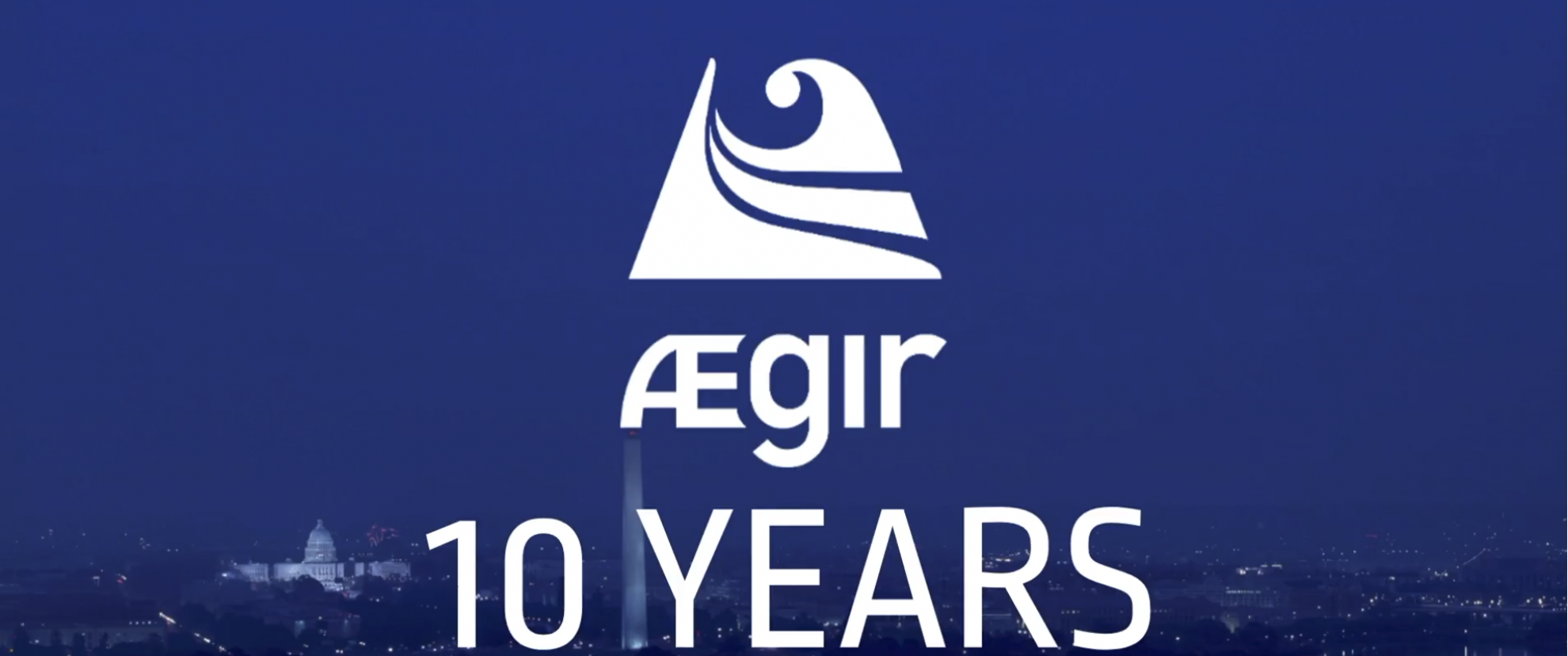Reflections on OpenDevShop and the hidden costs of open source maintainership.
#OpenDevShop failed because it tried to solve too many problems at the same time.
This directed the energy away from designing for the future. When the future arrived, it was wholly unprepared.
I saw the potential to make #Aegir an all-in-one management console for all your web tech, so I created server management things, and local CLI things, and other silly, not so useful things.
DevShop became a huge burden. Unmaintainable. Un-upgradable. Working untold unpaid hours, self-funded travel and speaking took a major toll on my life, financially and personally.





























